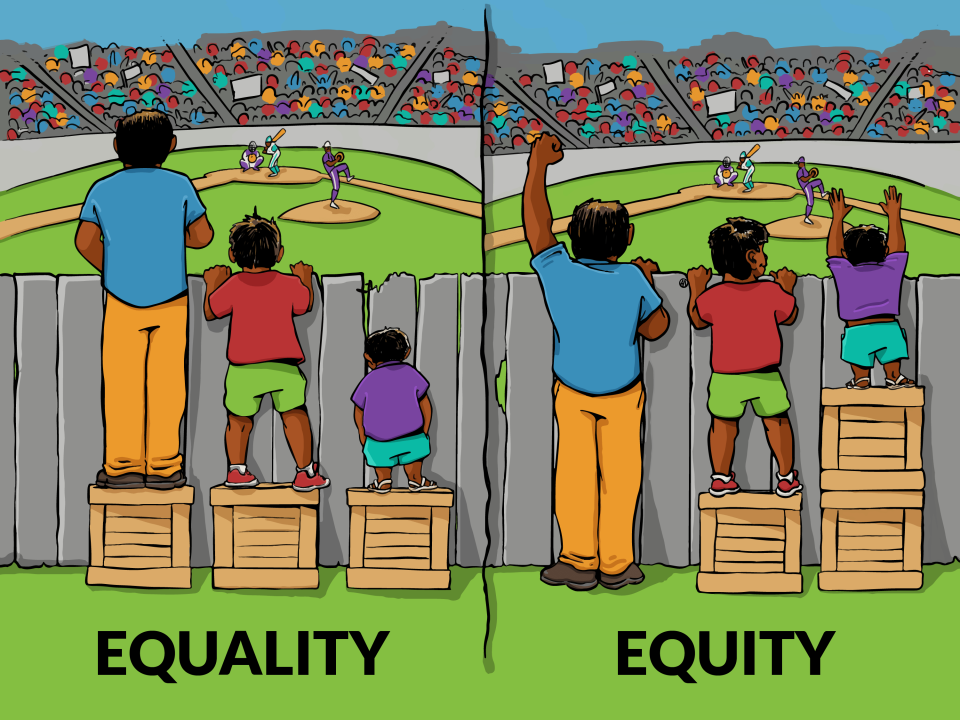
Buckingham Palace
This week we have seen another example of how out of touch the monarchy and aristocracy in general is with society, with a prominent lady-in-waiting acting in a manner which can only be described as wholly inappropriate towards a black lady attending the palace. There are already vast numbers of people defending her because of her age, but the fact is that she was in position as a representative of Buckingham Palace, and if she had a character flaw which would make guests feel uncomfortable, then it was not a good decision to leave her in post rather than quietly retiring her.
Unfortunately, the cat is now out of the bag, and it has led to her being dismissed in disgrace rather than retiring with dignity. I genuinely do not see that any of the complainants bear her any ill-will personally, but institutionally any representative of the county must make sure they are beyond reproach when it comes to inclusivity of all citizens and guests of the country.
This raises a wider question of how we select representatives of the country. At the moment, Buckingham Palace is pretty much entirely represented by people with hereditary positions both within and without the Royal Family.
Equality and Equity
It’s a fairly common adage that equality and equity are two different things. The cartoon opposite shows this really well, essentially summarising that:
- Equality doesn’t lead to equal outcomes if some people are able to benefit more due to natural benefits.
- Equity of outcome is the recognition that some people need more help than others to achieve the exact same outcome.
The reality of the Crown specifically but a wider aristocracy is that equity becomes impossible. The only way to become part of that group is to be born into it or to marry into it, essentially relying on a fluke of birth to gain a position of privilege in the form of vast wealth and political influence.
This is completely contrary to the principles of equity and results in the exact opposite of a meritocracy in that specific part of society. As such, if we agree that equity (or at least equality of opportunity) is a good thing, and we agree that the country should be represented by people because of their merits, I believe it is clear that we should retire the Monarchy from public duties to avoid future need to excuse the behaviour of senior ambassadors.
Wider Aristocracy
On this basis, it is genuinely hard to defend the wider concept of hereditary aristocracy in general. Much of the UK is still owned by large landed estates that have been held by the same family for almost a millennium, so others wishing to purchase a proportion of those estates have no opportunity to do so if they were born into the “wrong” family. It is genuinely hard to fathom why we as a country tolerate the ownership of up to 50% of the land in the UK by the aristocracy, especially when we are currently struggling so much with acquiring land needed for housing.
I talk more about this as part of my Family Politics Episode 2 – Tim and Wealth Distribution.

